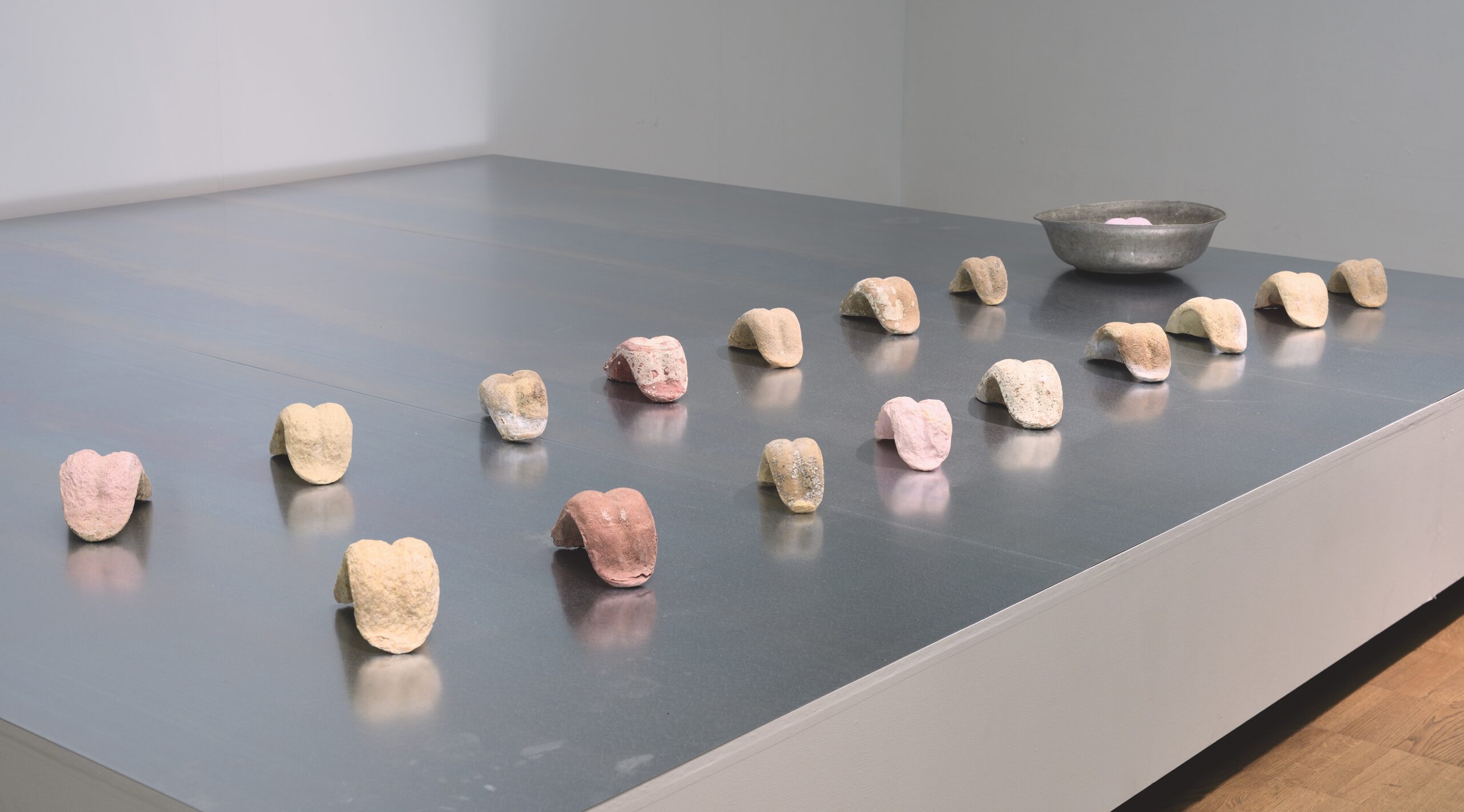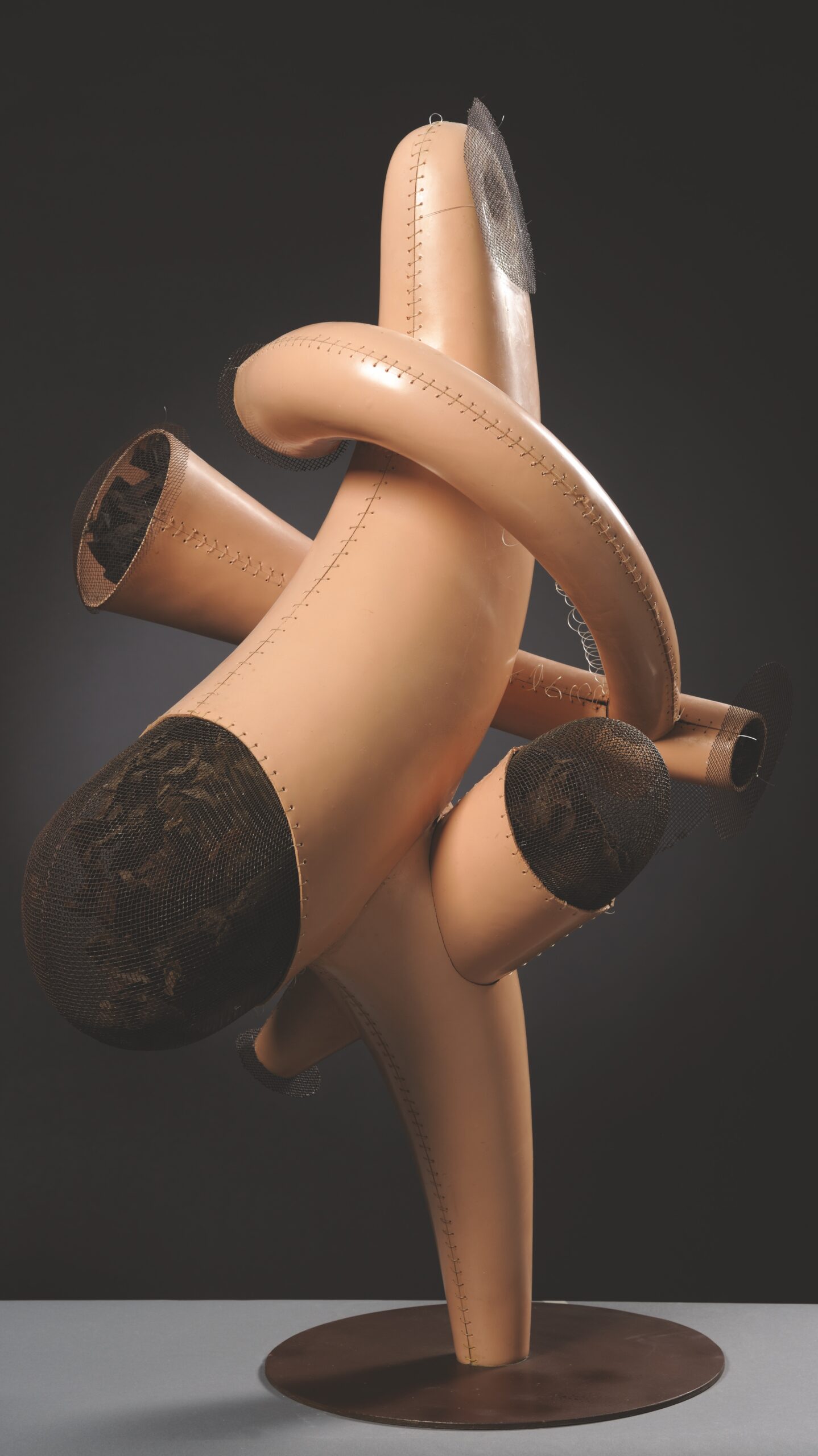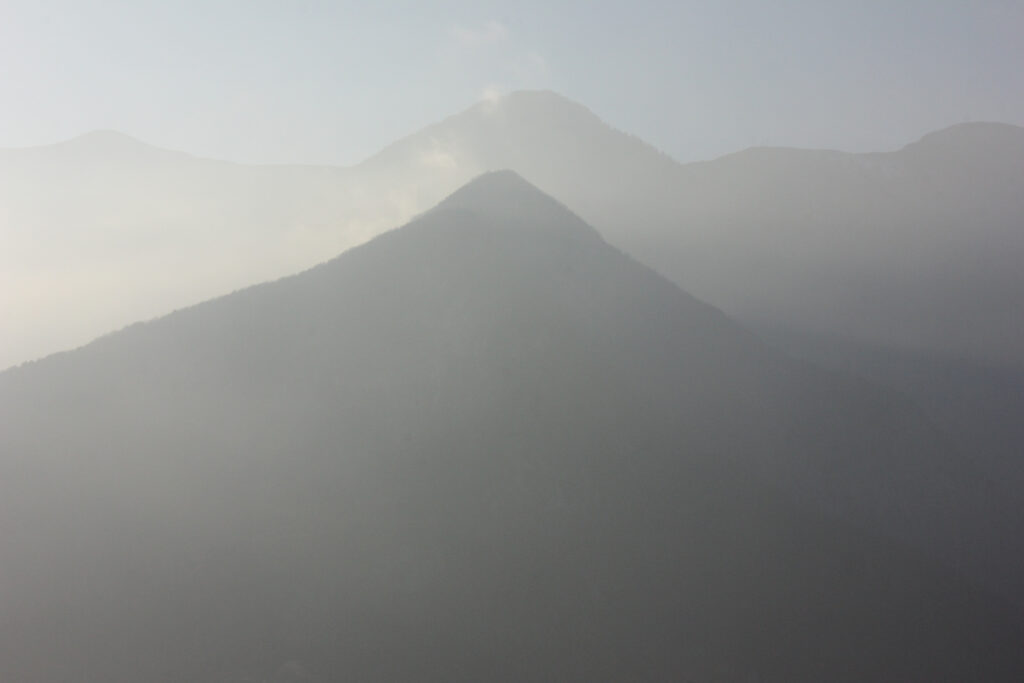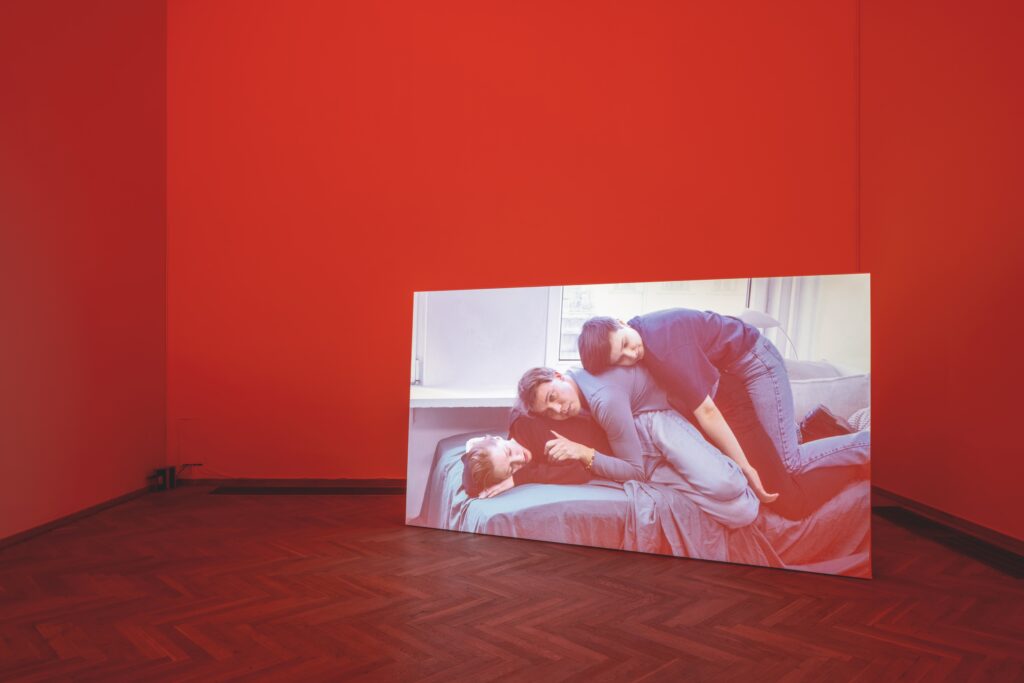Roots

To mama
I have roots in my head, going all the way down. Roots and roots, bloody roots, a network of sense, a tangle of living. There is no way to escape your bloody roots, but you can cut down the stem, twist it, work it, curl it seductively around a sentence or action. Temptation, superstition – a lavish room of my own hidden by a living curtain of chocolate brown.
Sometimes a hand wants to walk over my roots. Step into the forest baby. This is the closest we get to placing your palm on my brain. Haha. Fingertip – tip tip tip – down the neck where skin shifts from overgrown to naked, where most of the length has been recently cut, leaving a spiky patch of surprises. Don’t poke your eye out on it. I only need to ask and the palm curves into a fist, pulling back, pulling my voice out of me and the forest echoes with song through the night.
I was born with these roots, and at first they sprouted as light, gingery blonde. Like my mother. She lost it, though – she lost it to disease and chemistry, she lost it to the promise of escaping certain and torturous death. I still remember the shock. The floral silk scarf was a gentle gift from Japan, but then it slid off and there was nothing underneath, nothing covering the naked and exhausted mind of somebody whose cells and tissues were working out a war of their own. But her roots were good. Soon, they started springing into something again, pushing up tiny, fragile, translucent weeds. We asked the hairdresser next door to come by and work something out. And to our mutual surprise, she did – with her soft touch, gentle care and a couple of careless jokes she threw out the last trace of embarrassment, she massaged a notion of strength into this frail, bald little bird which at the time was my mother. Her roots recovered. Right until the end she wore a helmet of proud, silvery gray, like an old photograph of a survivor.
Life comes in through all the usual channels and then settles like fluff or tar, depending on the nature of experience. I learned it the hard way, when I started to get darker. The end of childhood twisted my roots into something tenebrous and gothic. I tried red and purple and, finally, scissors, and it only got worse. I didn’t even know who I was, but I was already carrying an absolute mess, a minefield of thoughts trying to escape this unpredictable, mutating body. Bloody roots, bloody thighs, a change as old as time, as fresh as the first promise of dying. It is funny after a while. But I wished to peel my skin with my roots, get wrapped in an endless, soft, freshly-washed growth from a completely new forest.
What does hair do? It collects. It gathers gleams of light into spirals and knots, it soaks oils, even if all else fails, it collects in sewers and pipes with the other things we produce and abandon. Right now, it smells soapy and stressed. Hair is the only thing on my body that reaches down to the roots. I turn to it when I feel plucked and groundless. I take a palm for a walk. A single braid envelops a sentence. A single stroke dissolves the mess. Peace settles, and the night comes, exposing the naked and the overgrown skin. Each body like a tunnel of mirrors, a six-headed beast of desire. Distances, lengths and manoeuvers lose all their meaning when I tie my hair up and we brace ourselves for some sweet business.
Closure is only possible where there was once closeness. There is no point in pulling out those roots which don’t grow. It took me years to stop cutting and twisting, and give in to the inevitable. Now the imprint of everything lived and everything possible falls gently on my shoulders and everything I lay my eyes on. We do well together, we have found closure, and my scalp is now a room of my own.

Monika Kalin (Kalinauskaitė) is a writer and curator based in Vilnius, Lithuania. Her work has been featured in literary magazines, exhibitions and catalogues, including most recently the Sun and Sea (Marina) vinyl-catalogue for the Lithuanian National Pavilion at the 58th Venice Biennale and Emilija Škarnulytė’s project Manifold at the 22nd International Triennale di Milano. A collection of these texts, Mirror Mirror, was published by The Baltic Notebooks of Anthony Blunt in 2020.
This text was first published in Monika Kalin’s book Mirror Mirror (The Baltic Notebooks of Anthony Blunt, 2021)





